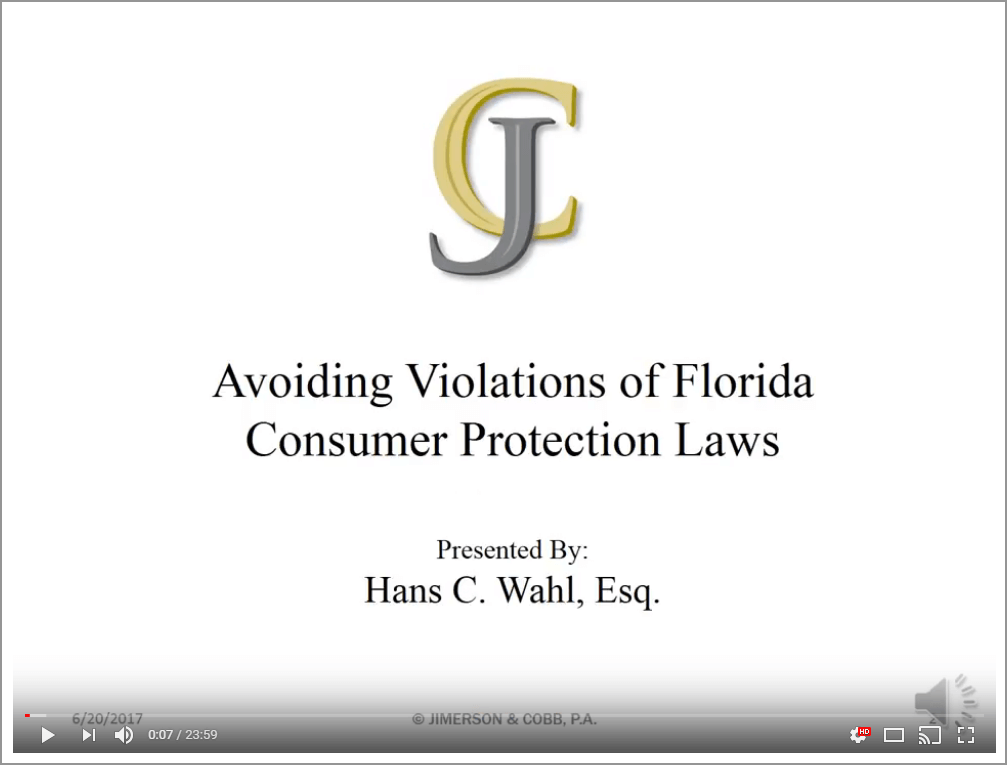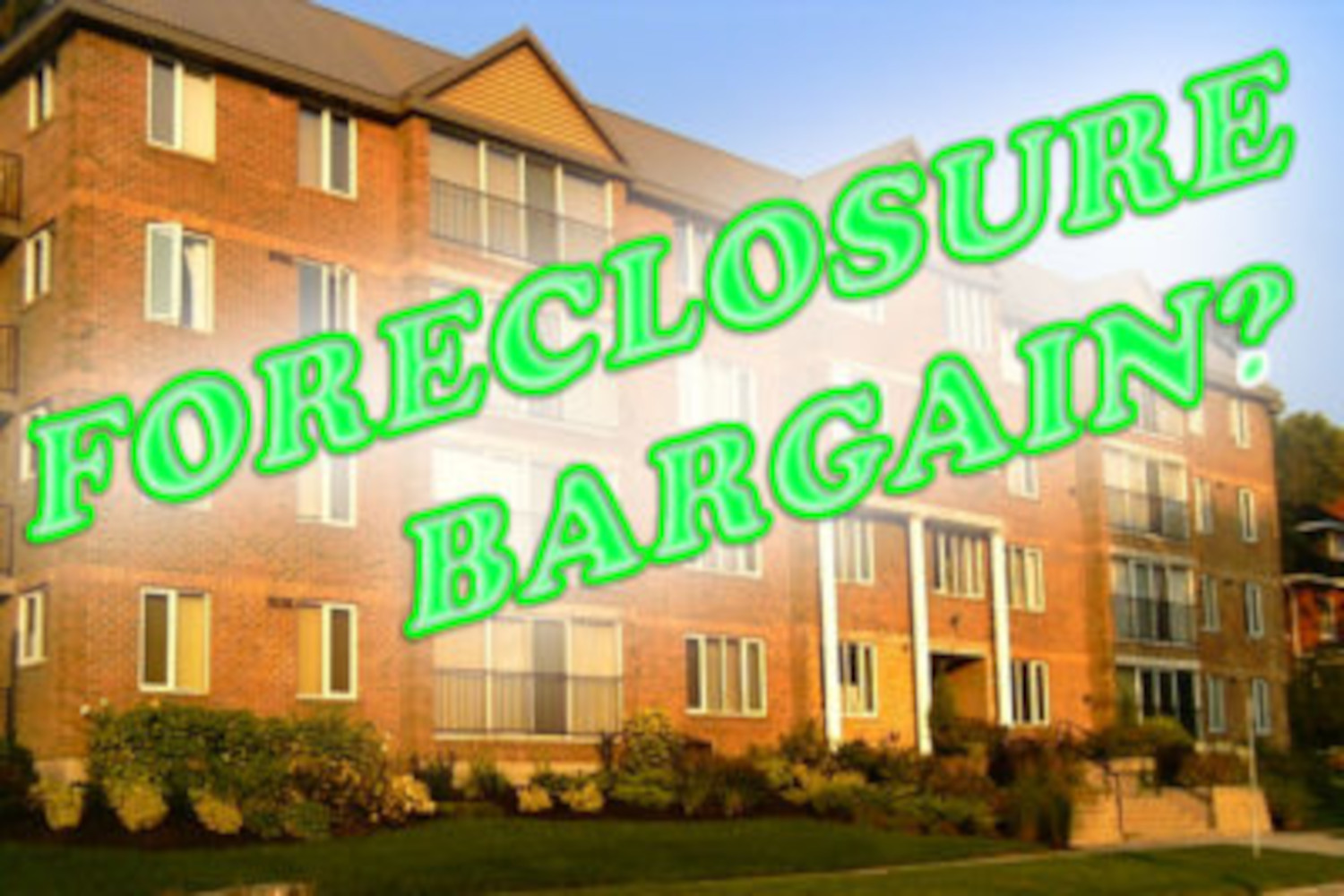The Supreme Court of Florida in Bartram v. U.S. Bank Nat. Ass’n, 2016 WL 6538647 (Fla. 2016) held that prior acceleration in a foreclosure action that was involuntarily dismissed was revoked by the involuntary dismissal, and therefore did not trigger the statute of limitations to bar future foreclosure actions. Additionally, the Court held in Singleton v. Greymar Assoc., 882 So. 2d 1004 (Fla. 2004) that the res judicata analysis applies equally to statute of limitations defenses and doesn’t prohibit the re-filing of a foreclosure action that was previously dismissed so long as the second foreclosure action is predicated on a subsequent default. At first glance, this decision appears to have broad application to any type of secured installment debt. If Bartram is broadly applied it could breathe life into ancient debt that was long ago considered time barred by commercial lenders. However, there are distinctions that may limit the application of Bartram to residential mortgage foreclosures. Future appellate decisions will address how broadly Bartram should be applied. This article addresses the best argument for narrow application and the best argument for broad application. If Bartram is applied broadly it could serve as a basis for commercial lenders to re-evaluate mortgages in default in which they previously declined to foreclose. It could also serve as a basis for commercial lenders to re-evaluate corporate policy directed toward secured property that currently has little value or corporate policy directed toward junior mortgages with current value that is insufficient to cover the senior lienholder.











